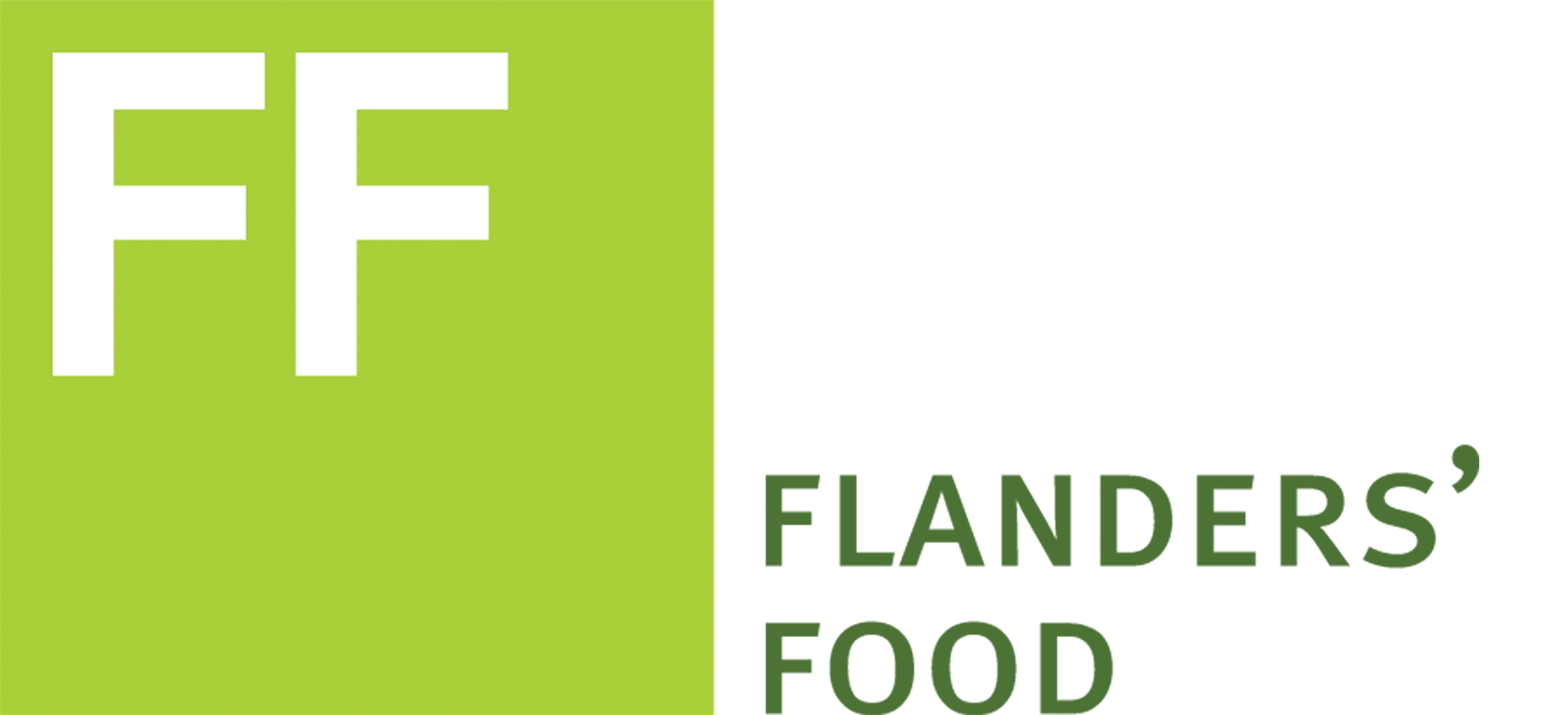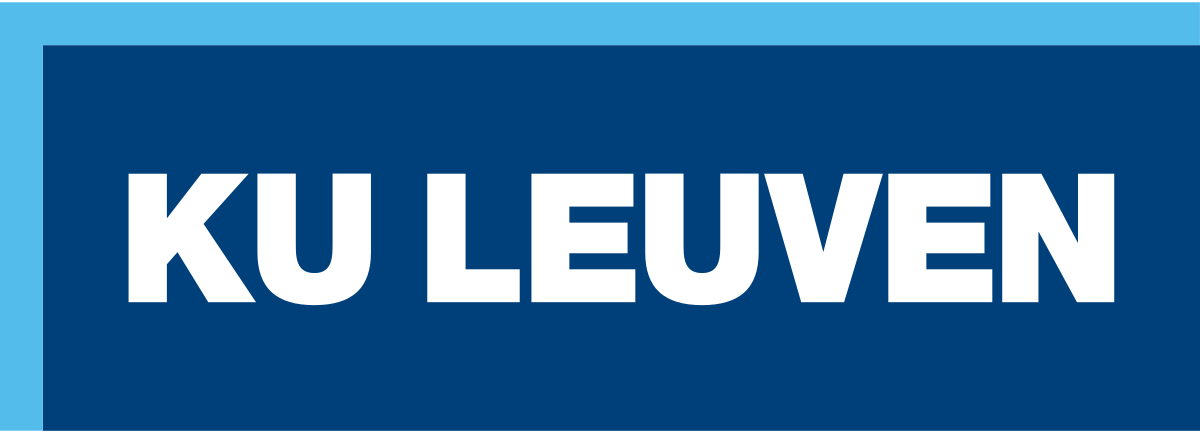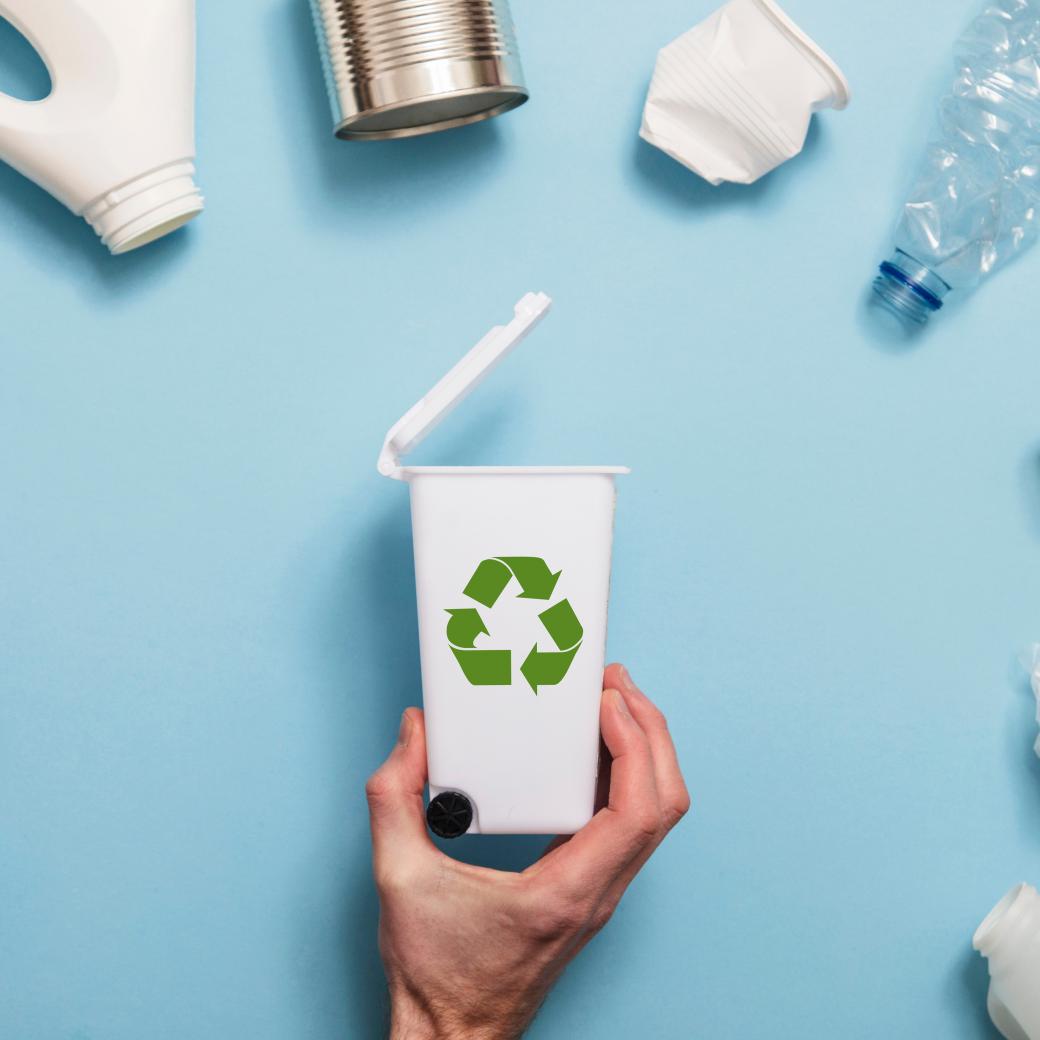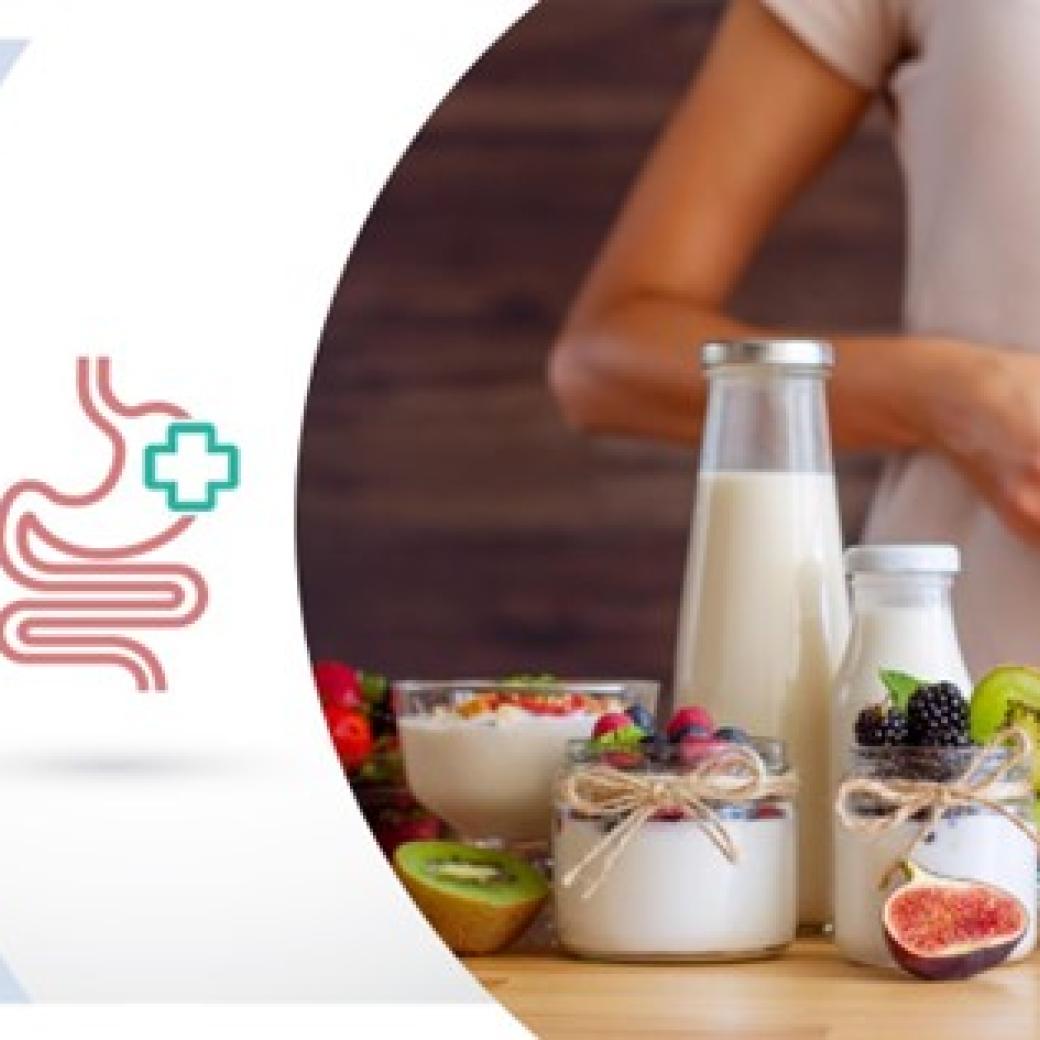InFlOOD

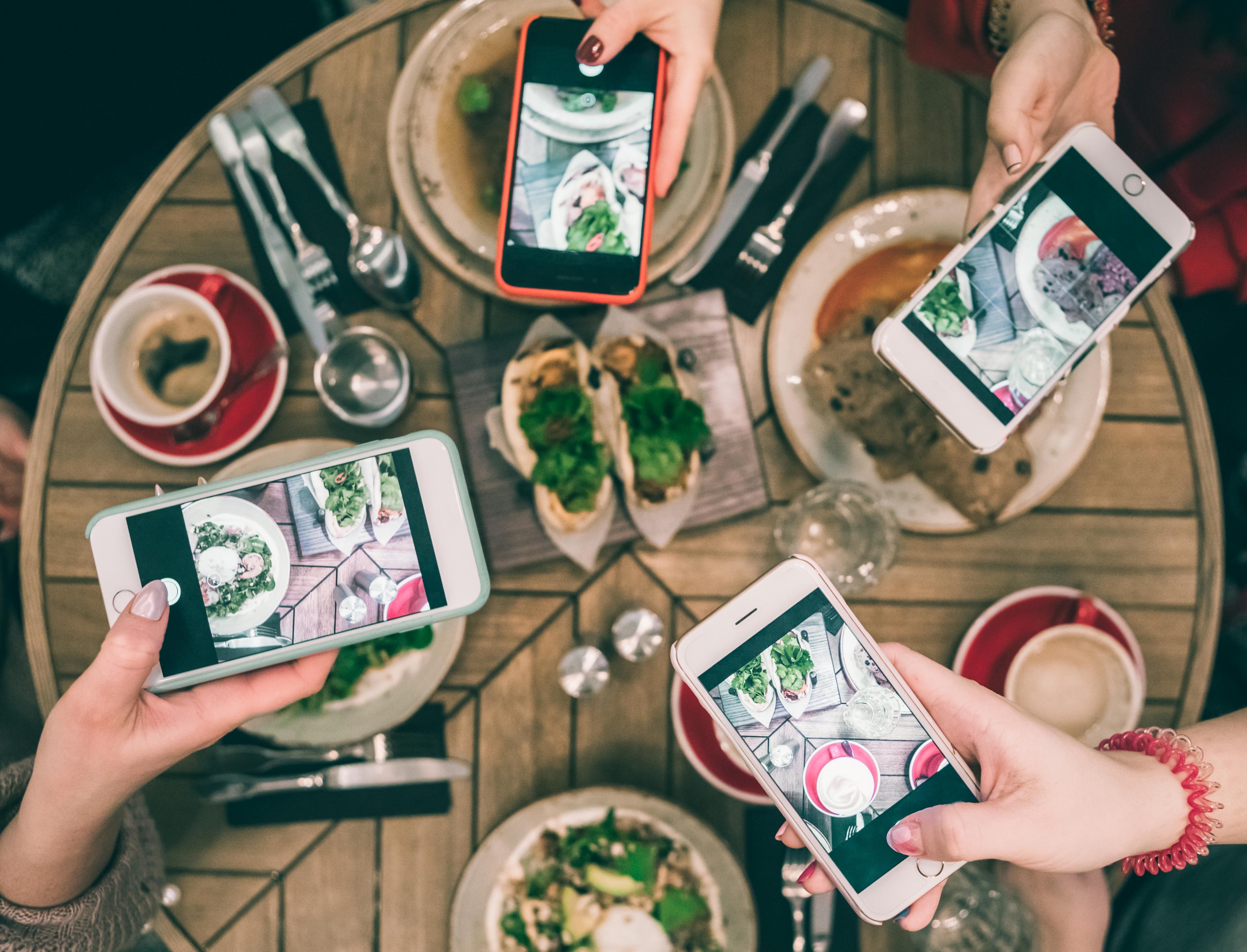
A study of the influence of food media on food consumption patterns in Flanders
Why this project?
Celebrities and self-proclaimed experts who are very active online on social media, blogs and vlogs ("influencers") gain a lot of trust from their followers. The diets they promote, which are not based on science, often become a hype and influence the consumer behaviour in Flanders. Science and experts try to respond strongly but they often end up pushing the followers closer towards their influencer. So, the average consumer is more likely to trust the opinion of an influencer than the messages of the food industry or even of healthcare organisations.
Furthermore, there is an enormous amount of information available online – both correct and incorrect – that causes confusion when searching for the correct information. This can lead to further polarisation. It also makes it difficult to communicate with any impact when launching a new innovative product or to get science-based information to be taken seriously.
Methodology and results
InFlOOD was a collective, fundamental research project (SBO type) with the objective of building more knowledge about the effect of communication about food via (social) media and influencers.
In concrete terms, the research consisted of:
- (Historical) research and analysis of the popular food media in Flanders:
- What are their characteristics?
- How do they communicate?
- What do they (not) promote?
- What is their attitude towards the guidelines from the Belgian Health authorities?
- Can a link be found between multiple endorsers (framing analysis)?
- Is there a link between media hypes and food consumption patterns?
- https://www.flandersfood.com/nl/Artikel/2020/CoronaCookingSurvey/KokenEnBakken
- Research on "us versus them" thinking in food communication:
- Which conceptual framework is used in the literature?
- What are possible strategies for dealing with this?
- https://www.flandersfood.com/nl/artikel/2021/wij-zij-denken-voedingscommunicatie-wat-werkt-tegen-polarisatie
- Research into the role and influence of the celebrity factor on consumer behaviour
- What type of food endorsers are there?
- How can they be classified?
- How great is their ‘celebrity factor’?
- What communication strategy is used?
- What is the impact of certain health communication strategies?
- Experimental research based on cases in which we apply innovative communication strategies:
- On young people (18-25 years) and older consumers (+25 years), both in a test lab with psychophysiological analyses as well as in field experiments.
- What do consumers look for in food media?
- Can these be segmented?
- Innovative communication, such as lesser-used channels (cooking shows, social media, etc.) and other communication styles (more narrative styles).
Some of the results were compiled in: https://www.flandersfood.com/nl/artikel/2022/9-manieren-om-de-aandacht-van-jongvolwassenen-te-trekken-met-mediaberichten-over
Access to the project results
All insights from the project were compiled in the valorisation booklet, "Recepten voor een heldere communicatie" [Recipes for clear communication]. The first section answers the hefty question: "Who communicates what and how to whom, through which channel and to what effect?" The second section of the booklet then gives you tools to put this knowledge into practice in a challenging and creative way. These tools were then translated into delicious recipes for clear communication.
We compile the answers to this question based on five different topics in the first section of this booklet. In section two, we will work with the different elements to create "cocktails". In this way, we playfully present several examples of how the contents of this booklet can be applied in practice. Of course, the options are much more extensive, and we hope to inspire you, the reader, to start working with the InFlOOD results yourself.
https://www.flandersfood.com/nl/publicaties/inpiratiegids-recepten-voor-een-heldere-communicatie
Target group
Researching the influence of food media on the Flemish food consumption pattern and learning more about influencers' successful and influential communication strategies makes it possible to test the best strategies in both laboratory and field experiments. This led to practical guidelines and tips that will help both food companies and healthcare organisations communicate with consumers more effectively and/or with more impact.
Project partners
Flanders’ FOOD managed and coordinated the research project. This will also form a bridge between the research group and the supervisory committee with industrial food companies, communication bureaus, health organisations and federations.
- Research group "Media, ICT and Interpersonal relations in Organisations and Society (MIOS)" from Antwerp University, under the supervision of Charlotte De Backer, Karolien Poels, Heidi Vandebosch and Hilde Van den Bulck.
- Research group "Institute for Media Studies (OE)" from KU Leuven, under the supervision of Prof. Tim Smits
- Research group "Clinical and Experimental Endocrinology" from KU Leuven, under the supervision of Christophe Matthys
- Research group "Cultural History since 1750" from KU Leuven, under the supervision of Nelleke Teughels
- Research group "Behavioral economics for life" from Ghent University, under the supervision of Maggie Geuens and Iris Vermeir
- "Center for persuasive communication" from Ghent University, under the supervision of Liselot Hudders
Follow-up actions
The insights on polarisation, possible communication strategies and consumer desires were incorporated into the TACTIC project. This collective project investigates in depth how to effectively and reliably communicate sustainable food packaging to consumers.
